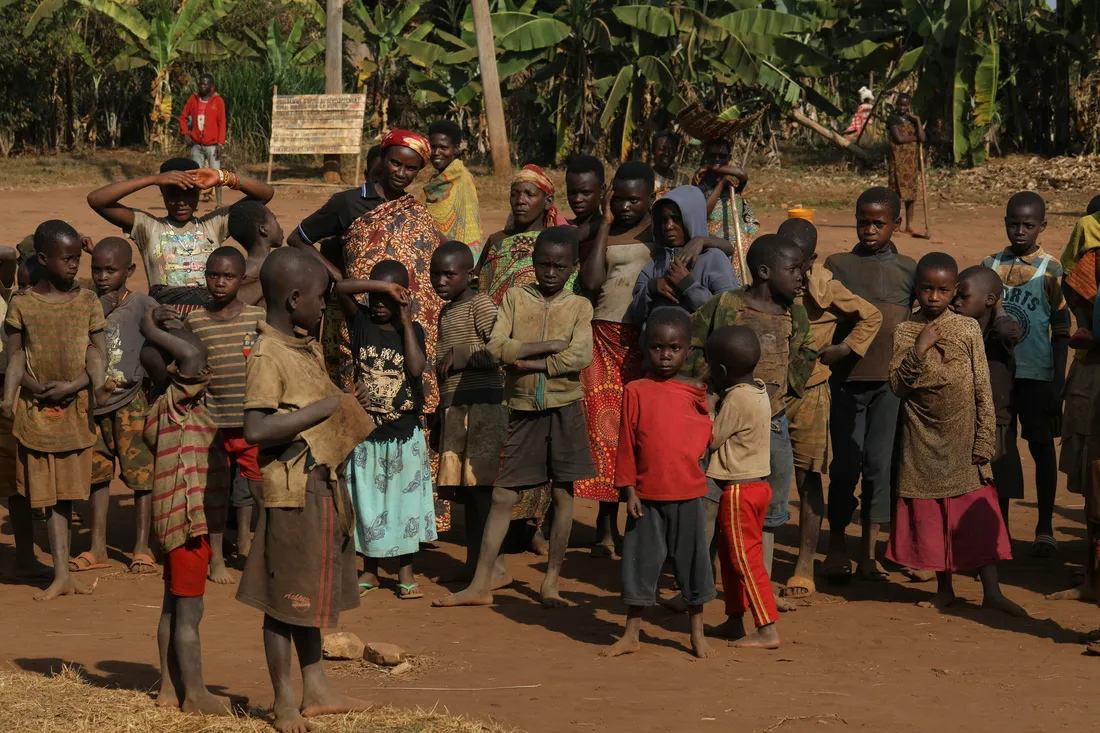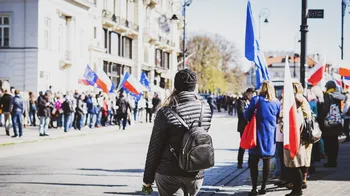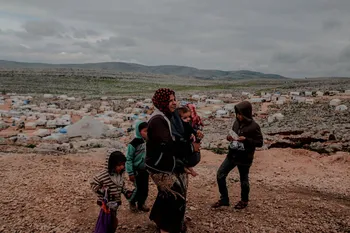
Mozambique is set to receive €17 million, primarily to address the aftermath of tropical cyclones Chido, Dikeledi, and Jude, which struck in late 2024 and early 2025. Additionally, the EU has dispatched 60 tonnes of aid from its Nairobi warehouse in response to cyclone Chido.
Madagascar will benefit from €7 million to improve access to food, emergency education, and nutritional services. A further €16 million is earmarked for regional programs to support children's education, combat gender-based violence, and enhance epidemic responses. Angola will receive €1 million to tackle a cholera outbreak.
Challenges in the Region
Commissioner Hadja Lahbib highlighted the compounded challenges of climate shocks, natural hazards, and armed conflict in the region. In Mozambique alone, 1.3 million people have been displaced due to the Cabo Delgado conflict, and 4.9 million face food insecurity.
The region's vulnerability is exacerbated by a prolonged El Niño-induced drought in 2024, affecting over 30 million people across 14 countries. Six nations, including Botswana and Zimbabwe, have declared states of emergency due to severe drought conditions.
EU's Humanitarian Efforts
The EU's aid strategy includes disaster preparedness and life-saving assistance, such as food, water, shelter, and sanitation. In Mozambique, the focus is on multi-sectoral aid, while Madagascar receives support for food security and health initiatives.
Regionally, the EU is enhancing disaster preparedness and has allocated an additional €25 million to address the El Niño-induced drought. The EU-IFRC Programmatic Partnership further supports anticipatory action and disaster readiness.
Efforts to maintain education during crises are also prioritized, ensuring safe learning environments for children affected by violence and displacement. Emergency cash transfers are provided to prevent vulnerable populations from resorting to selling possessions during food shortages.
Facts & Figures: Approximately 30 million people face food insecurity, with over 500,000 refugees in the region. EU humanitarian funding totals €41 million in 2025, following €65 million in 2024 and €72 million in 2023, amounting to €558 million since 2014.






